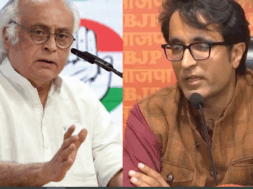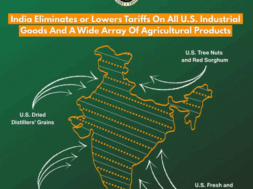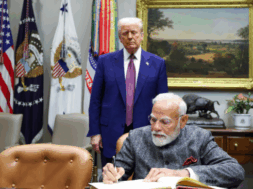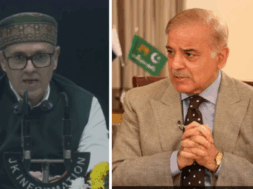
Politics: Israel to face fresh polls in November, for the fifth time in four years
Virendra Pandit
New Delhi: A week ahead of US President Joe Biden’s visit to Israel, political instability claimed yet another government in the Jewish nation which will go to fresh elections in November 2022, for the fifth time in less than four years.
On Thursday, Knesset, the unicameral Israeli Parliament, voted to dissolve itself, forcing Israel to face yet another election.
Foreign Minister Yair Lapid, who had forged the outgoing coalition government, will become Israel’s caretaker PM after midnight on Friday. He will also receive President Biden next week.
Lapid will be the 14th PM when he takes over from the incumbent, Naftali Bennett, Israel’s shortest-serving premier.
The Bennett government collapsed just over a year after it succeeded the one led by the veteran Benjamin Netanyahu, who helmed the country for 12 years. Bennett led a coalition of ideologically diverse parties, the first to include even an Arab faction, viewed as a Muslim kingmaker in a Jewish state.
All 92 lawmakers present passed the motion to dissolve parliament, after days of bickering by coalition and opposition lawmakers over the date of new elections and other last-minute legislation, the media reported.
The move formally ended a political experiment in which eight parties from across the Israeli spectrum tried to find common ground after a prolonged gridlock in which the country held four elections in two years.
The November elections are a continuation of Israel’s protracted political crisis, at the heart of which sits Netanyahu and his ongoing corruption trial. The four deadlocked elections in the previous three years were largely referendums on Netanyahu’s fitness to serve while facing charges of accepting bribes, fraud, and breach of trust. Netanyahu has denied any wrongdoing.
Lapid, who heads a center-left party, would campaign as the main alternative to Netanyahu.
Early polls conducted by the media show Netanyahu and his allies gaining more seats, although it is unclear whether they would have enough numbers to form a 61-seat majority in the 120-member Knesset. If nobody does so, Israel could go to elections yet again.
On Wednesday, Bennett announced a hiatus from politics and said he would not be running in the upcoming elections. Infighting has weakened his Yamina party.
“They promised change, they spoke about healing, they tried an experiment, and the experiment failed,” Netanyahu said in an address to parliament ahead of the vote. “We are the only alternative: a strong, stable, responsible nationalist government.”
The outgoing governing coalition made history by being the first to include an Arab party. Mansour Abbas, leader of the Islamist Ra’am faction, joined the coalition to secure better services and more government funding for Israel’s Arab minority, which makes up some 20 percent of the population.
Netanyahu and his allies accused coalition members of partnering with terrorist sympathizers, even though he had also reportedly courted the party after the last elections.














